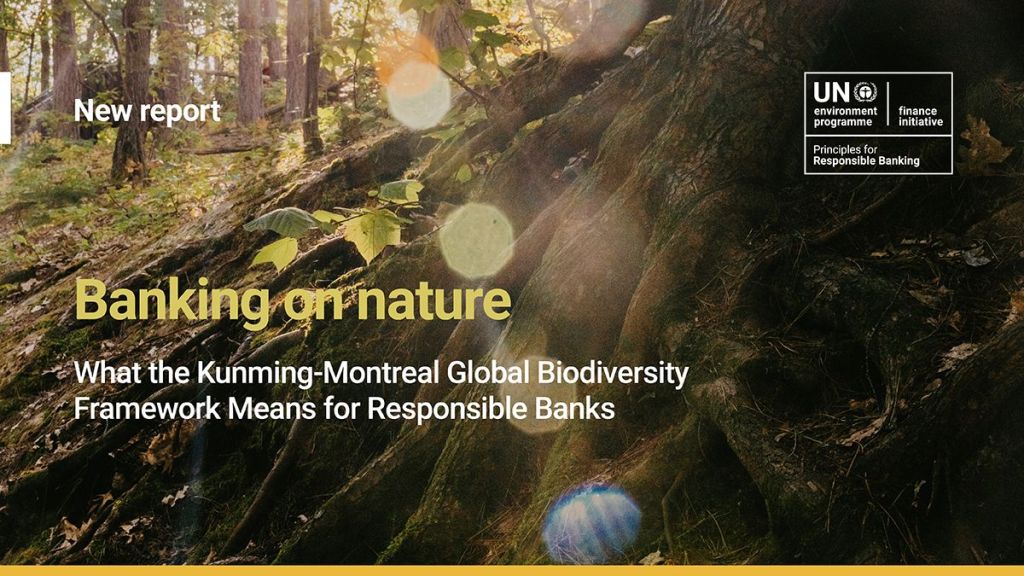In December, 2022, 196 countries adopted the Kunming-Montreal Global Biodiversity Framework (GBF), a framework aimed at stopping and reversing the loss of nature by 2030. More specifically, the GBF outlines a set of objectives and measures to protect and sustainably use the Earth’s biodiversity, including those related to food and agriculture.
The GBF will likely have significant implications for the transformation to sustainable food systems, as there are many interlinkages between trade and biodiversity – from promoting sustainable agricultural practices and circular economy models, through green infrastructure projects, to resource-smart food systems and land restoration.
The Framework will establish guidelines and requirements for sustainable food production, provide funding opportunities for projects that align with the framework’s goals, and encourage sustainable food finance and investment opportunities.
GFFN’s supporting partner, UN Environment Programme Finance Initiative (UNEP-FI), has released a series of publications that offer guidance to banks, investors and other financial institutions for recommendations and actions to align with the GBF. No matter what role you play in the financial landscape, you will find relevant recommendations and actions to act on nature and biodiversity loss.
High-Level Roadmap:

Aligning financial flows with the Kunming-Montreal Global Biodiversity Framework
This Roadmap does not propose a new set of commitments. Rather, it refers to a set of existing commitments, guidance and frameworks that are currently available for financial policymakers and market participants to build action on nature in line with the 23 targets for action by 2030 of the GBF.
Companion pieces:

Banking on Nature:
What the Kunming-Montreal Global Biodiversity Framework means for responsible banks
As part of a series of publications to help financial institutions understand the relevance and implications of the GBF, this briefing provides banks a first overview of how the GBF applies to their industry, through the axes of risk, opportunities, dependencies and impacts. It aims to support the industry in managing associated risks, capturing relevant opportunities and preparing for anticipated policy developments that will yield new compliance and disclosure requirements.
Authored by UNEP FI and its Principles for Responsible Banking (PRB), it presents the key implications for banks of the goals and targets of the GBF, and provides practical examples for the various departments of a bank of immediate actions that can be taken.

Stepping Up on Biodiversity:
What the Kunming‑Montreal Global Biodiversity Framework means for responsible investors
This report provides an overview of the goals of the GBF and recommendations on how investors should implement them. It supports investors in managing associated risks and preparing for anticipated policy developments.
This resource was developed by UNEP FI, the Principles for Responsible Investment (PRI) and the Finance for Biodiversity Foundation as part of the Investment Leadership Programme.
These companion pieces will later be accompanied by an updated PRB Biodiversity Target-setting Guidance after a co-development process with participating signatory banks.
UNEP Finance Initiative brings together a large global network of banks, insurers and investors that collectively catalyses action and shapes the sustainable finance agenda for more than 30 years. It has helped the finance industry address global environmental, social and governance (ESG) challenges through voluntary initiatives such as the Principles for Responsible Banking, Principles for Sustainable Insurance, and three UN-convened net-zero alliances.

